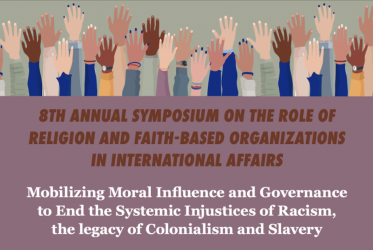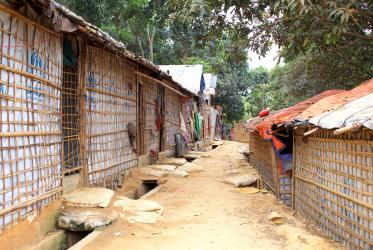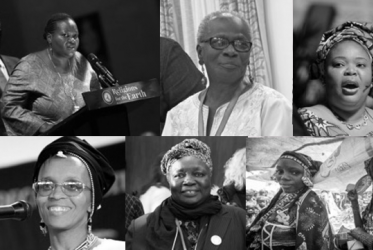Displaying 1 - 14 of 14
WCC at the Commission on the Status of Women
09 - 22 March 2024
How racism and colonialism are exacerbating impacts of climate change
29 September 2021
Thursdays in Black Bible Series: My Destiny (Luke 2:36-38)
08 September 2021
“Fe en la Resistencia” - a documentary on churches combating military dictatorship in Uruguay
07 June 2019
Visser 't Hooft Hall, Ecumenical Center, Geneva







